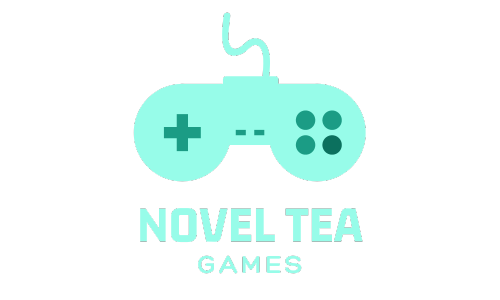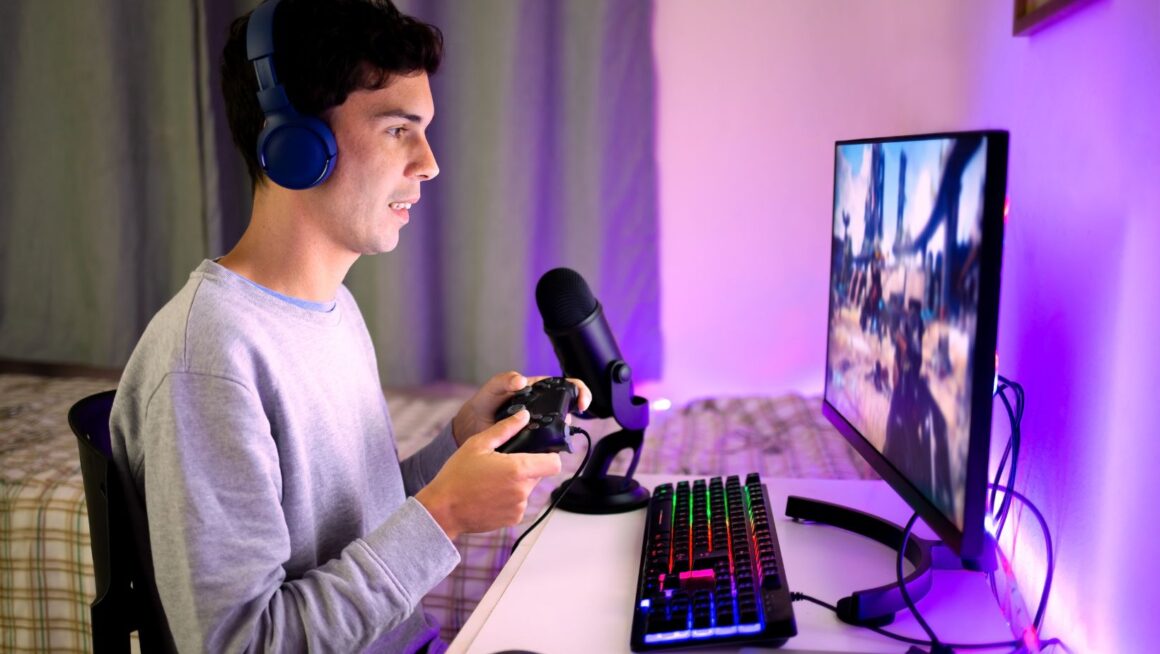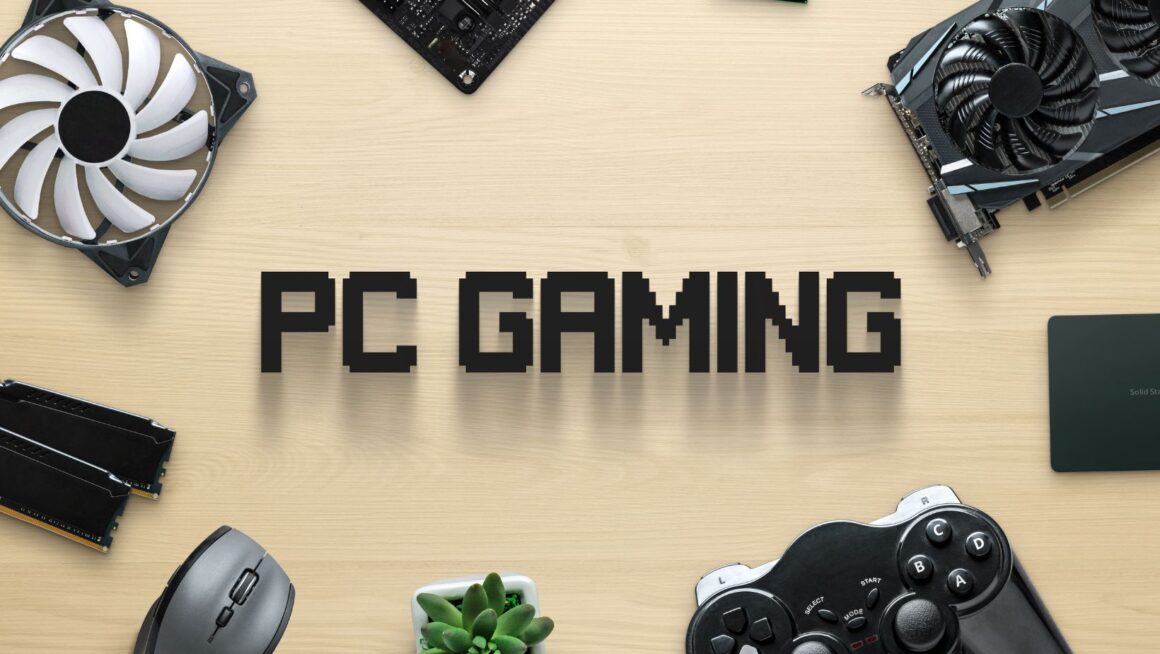In the last two decades, online Slot Gacor has emerged as a cultural juggernaut, transforming the landscape of entertainment and social interaction. As technology advances, online gaming evolves, drawing in diverse audiences and fostering global communities. This article explores the cultural significance of online gaming, its impact on social relationships, and the future it promises for gamers around the world.
The allure of online gaming lies in its ability to transport players into immersive universes where they can collaborate, compete, and create. These digital playgrounds are not only redefining entertainment but also fostering new communities and cultures. Whether you’re a casual gamer or a dedicated esports enthusiast, the impact of gaming on our daily lives is undeniable.
As I explore this dynamic landscape, I’ll uncover how online gaming is weaving itself into the fabric of modern culture, transforming traditional norms and opening up endless possibilities for the future.
Exploring The Digital Playground
The digital playground is a vast, evolving space where users engage in diverse online gaming experiences. This landscape includes genres like FPS, MMORPGs, and even casino games. Players can immerse themselves in these virtual environments, often developing unique identities and social networks.
Online games influence how individuals connect across global boundaries. Gamers often form tight-knit communities around shared interests and goals. These networks extend beyond the virtual realms, impacting real-world interactions and relationships.
In this dynamic environment, innovation drives the continuous evolution of virtual experiences. Developers frequently update games with new content, events, and features. Such updates keep players engaged and invested, fueling the growth of these digital communities.
The educational potential of online gaming shouldn’t be overlooked. Through problem-solving and strategic thinking, players hone cognitive skills and creativity. Many games offer opportunities to learn, be it through historical settings or collaborative challenges.
Online gaming also contributes significantly to economic trends. Esports, a rapidly growing sector, attracts massive audiences and sponsorships. Competitive play and live streaming platforms have turned gaming into a lucrative career for many. This economic impact highlights the digital playground’s role in shaping modern culture.
Rise Of Online Gaming
Online gaming has gained immense popularity, transforming from simple digital forms to complex and engaging experiences. This rise highlights the evolution of technology and culture in gaming.
Historical Overview
Online gaming’s journey began in the 1970s with simple multiplayer games on mainframe computers. With the advent of the internet in the 1990s, games like “MUD” (Multi-User Dungeon) pioneered interactive, real-time gameplay, laying the groundwork for modern MMORPGs.
As technology advanced, consoles and PCs became more accessible, fostering the development of expansive, multiplayer games. This period saw the birth of online gaming communities built around popular titles like “Counter-Strike” and “World of Warcraft” in the early 2000s.
Technological Advancements
Improvements in internet speed and computing power have transformed online gaming experiences. High-speed connections enable real-time interactions in high-definition graphics, enhancing player immersion.
Cloud gaming represents the latest frontier, allowing players to access games without powerful hardware. Platforms like Google Stadia and NVIDIA GeForce Now demonstrate this shift, promising seamless gaming experiences.
Virtual reality (VR) and augmented reality (AR) further push boundaries, offering unparalleled immersion. Devices like Oculus Rift and PlayStation VR showcase the potential of immersive, interactive experiences in gaming.
Cultural Impact Of Online Gaming
Online gaming significantly reshapes modern culture by influencing social structures and pop culture trends. It creates vibrant communities and leaves a clear imprint on music, fashion, and media.
Social Interaction And Community Building
Online gaming fosters unique social interactions. Players form alliances and engage in teamwork during co-op missions or guild quests. These connections often evolve into online communities where players communicate through forums and social media, sharing strategies and experiences.

By collaborating in virtual worlds, gamers break geographical barriers, creating friendships that transcend traditional social contexts. This environment nurtures inclusivity and acceptance, welcoming individuals of diverse backgrounds to unite with a shared passion for gaming.
Influence On Pop Culture
Online gaming impacts pop culture across multiple domains. Iconic game characters and narratives inspire filmmakers, musicians, and clothing designers, resulting in cross-industry collaborations. For example, games like “Fortnite” integrate popular dance moves and host live virtual concerts with famous artists, blurring the line between gaming and entertainment. Moreover, gaming terminology and memes permeate everyday language, influencing how people communicate online and offline. The influence extends to art styles and aesthetics, where gaming-inspired designs shape fashion trends and creative expressions, making online gaming a dynamic force in modern cultural evolution.
Economic Impact and Industry Growth
The online gaming industry is a significant economic force, contributing billions to the global economy. According to market research, the gaming industry is projected to reach over $300 billion by 2025, with online gaming accounting for a substantial portion of that growth. The rise of free-to-play models, subscription services, and in-game purchases has revolutionized the way developers monetize their games, allowing for broader access and increased player engagement.
Additionally, the Slot industry creates diverse job opportunities, from game development and marketing to community management and content creation. Streaming platforms like YouTube Gaming and Twitch have given rise to a new generation of content creators who build lucrative careers by sharing their gaming experiences with audiences worldwide.
Challenges And Controversies
Online gaming, while offering numerous benefits, also faces significant challenges and controversies. These issues impact players and the broader community.
Addiction And Mental Health
Online gaming addiction is a growing concern. Some players spend excessive time gaming, leading to negative effects on mental health, such as anxiety and depression. Gaming offers immersive experiences, which can make it difficult for individuals to disengage. The World Health Organization recognized “gaming disorder” as a mental health condition, further highlighting the seriousness of this issue. Strategies like parental controls and awareness campaigns aim to mitigate these effects, promoting healthier gaming habits.
Representation And Diversity
Representation in online gaming sparks debate. Many games lack diverse characters, leading to underrepresentation of various ethnicities, genders, and cultures. In response, there’s a push for inclusive narratives that reflect society’s diversity. Some developers, recognizing this challenge, are creating games with well-rounded characters from diverse backgrounds. This shift not only enriches storytelling but also resonates with a broader audience, ensuring that gaming culture evolves inclusively.
Future Of Online Gaming And Culture
Online gaming’s future will likely reshape culture as technology advances and player expectations evolve. New innovations and emerging trends promise to redefine how people experience virtual worlds and interact socially.
Innovations And Trends
Game developers are exploring cutting-edge technology to enhance player experiences. Virtual reality (VR) and augmented reality (AR) offer immersive environments that transport users beyond traditional screen interactions. Devices like Oculus Rift enable players to engage physically in evolving digital landscapes, enhancing realism.
Artificial intelligence (AI) is transforming gameplay by creating sophisticated non-player character behavior, enriching narrative depth. Machine learning analyzes player habits to tailor experiences, maintaining engagement. Blockchain technology also enters the spotlight with its potential to offer gamers secure, decentralized ownership of in-game assets, changing how virtual economies work.
Potential Cultural Shifts
As online gaming platforms evolve, they may influence cultural norms and values. Increased interactivity fosters global connections, bridging diverse communities. Gaming’s impact on social structures could promote inclusivity as platforms become more accessible and welcoming.
Online gaming is influencing entertainment with its narratives and characters feeding into broader media, including films and merchandise. This cross-media integration elevates gaming’s cultural status, shaping how stories are told and experienced across various formats. Gaming terminology is already seeping into everyday language, indicating an ongoing cultural shift that may redefine future communication strategies.
Advancements like VR and blockchain farming a more interconnected online culture present opportunities and challenges. Society’s adaptation to these technological leaps will be crucial in determining how gaming continues to shape global culture.
Conclusion
Online gaming is undeniably a powerful force shaping modern culture. It’s more than just entertainment; it’s a vibrant, evolving digital playground that connects people globally and influences various facets of life.

As technology continues to advance, the potential for online gaming to redefine cultural norms and foster inclusivity is immense. While challenges like addiction and diversity remain, the industry’s ongoing innovation promises exciting opportunities for cultural and economic growth. Embracing these changes will be crucial in navigating the future landscape of online gaming and its role in our lives.



